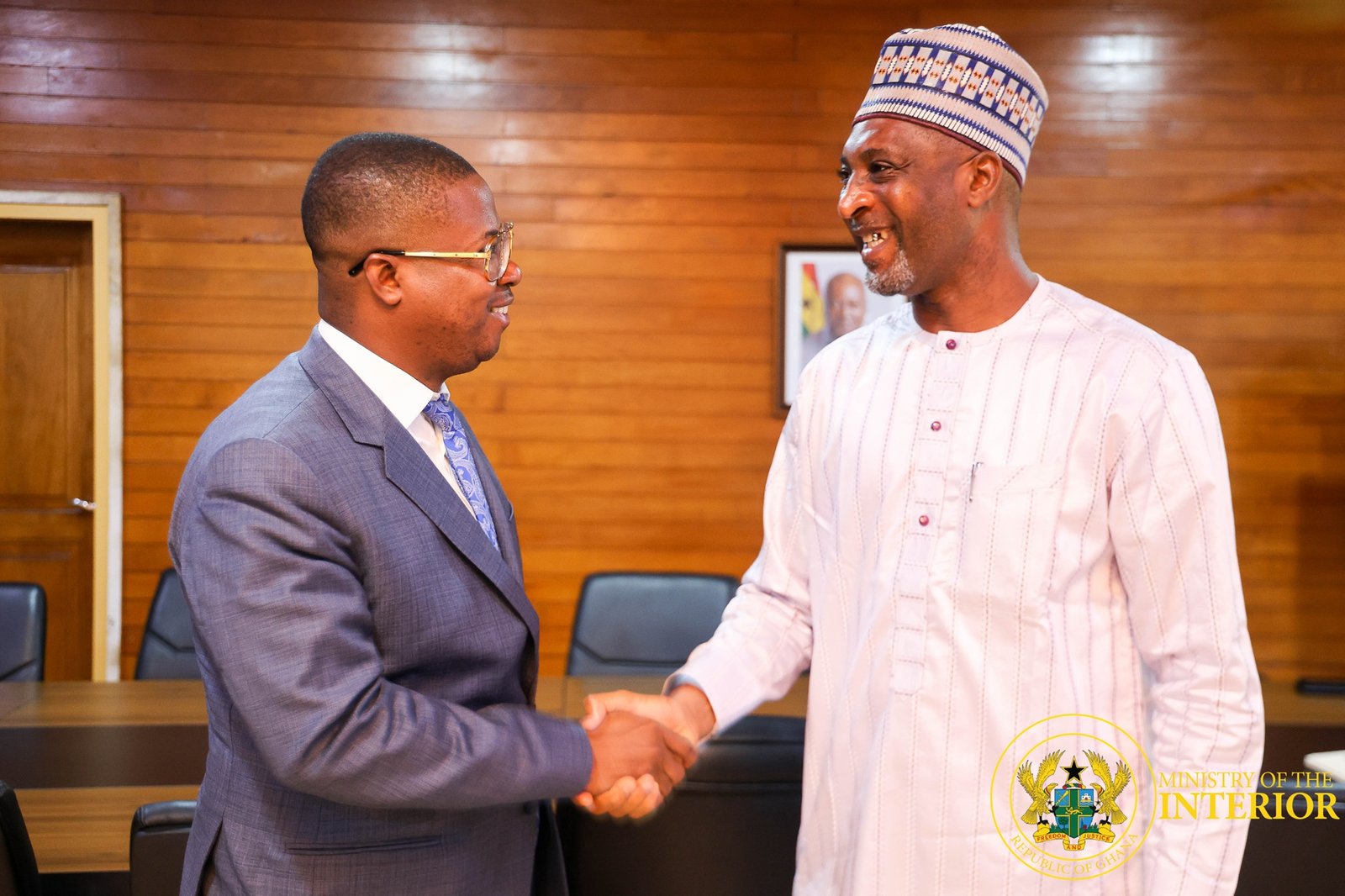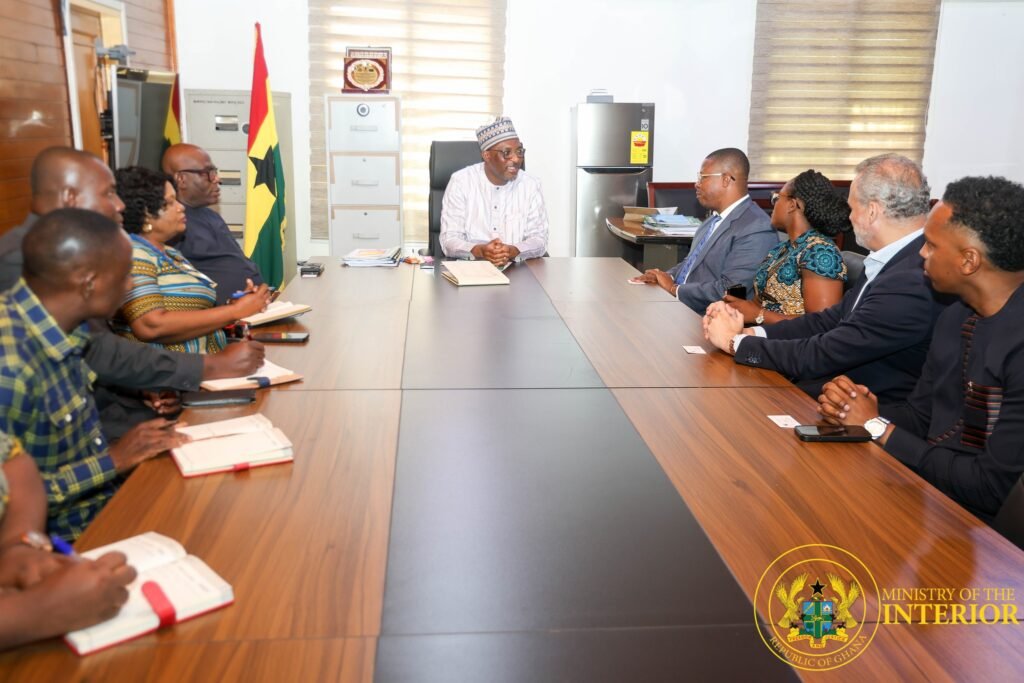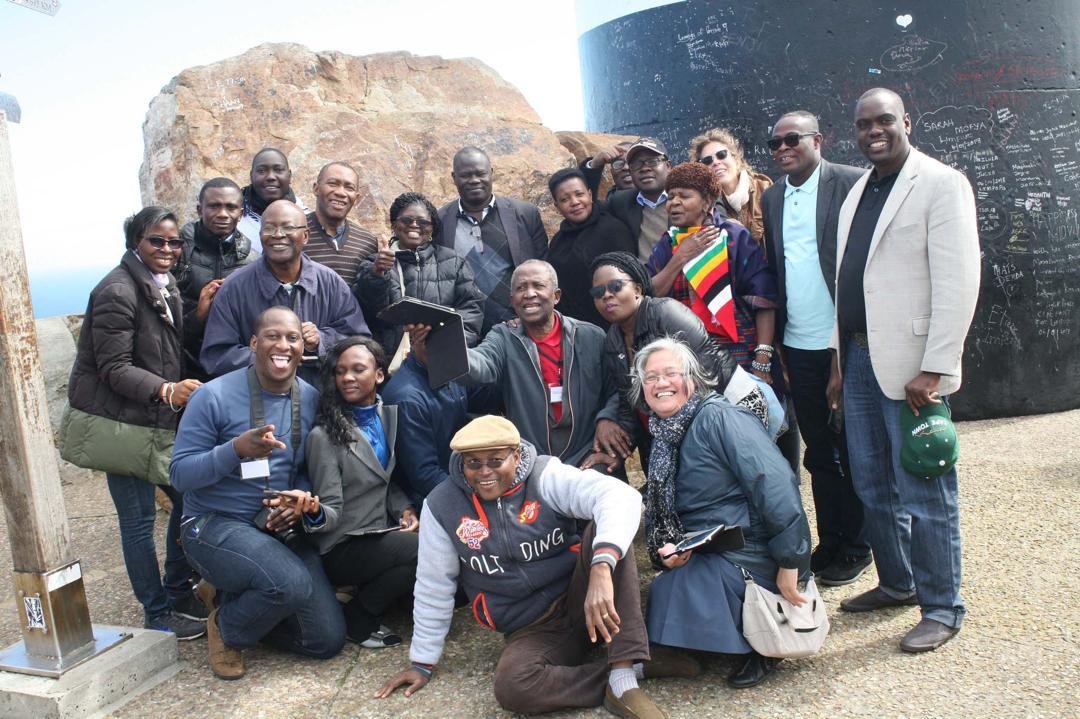News
‘Private school education in Ghana likely to face problems’

The Acting National President of the Ghana Association of Private Schools (GAPS), Mr Domastus Tuurosong , said private school education in the country was likely to face serious problems if urgent steps were not taken to support their administrative operations.
Speaking in an interview with The Spectator, he said it would be extremely difficult for private schools to operate at half capacity class- sizes to help curtail further spread of the COVID-19 pandemic.
He explained that such a situation demanded that more teachers were employed to assist, but was quick to ask,” How will the school authorities generate enough money to pay the salaries of the additional staff?”
He lamented that unlike corporations which had commenced operations when some lockdown restrictions were relaxed, schools remained closed until recently when the final-year students were required to resume classes pending their examinations, a situation where school fees would not be paid.
” We are confronted with the problem of how to generate funds to pay the salaries of teachers who are preparing the final-year students ,” he said.
Mr Tuurosong said though the schools were provided with Personal Protective Equipment (PPE), these items which were used frequently could not last, and the schools had to supplement.
He also lamented that private schools could not afford the construction of fence walls around their premises to prevent unauthorised persons from intruding their premises to prevent the spread of COVID-19.
Mr Tuurosong has appealed to the government to make it possible for private schools to benefit from the stimulus package for small and medium scale enterprises in the country.
He said unlike other businesses which generated income for their sustenance, it was unfortunate that schools did not, hence the precarious situation in which they operated.
By Raymond Kyekye
News
Ghana-Colombia strengthens ties through diplomatic engagement

In an important diplomatic engagement, the Colombian Ambassador to Ghana H.E. Daniel Garces Carabali paid a courtesy call on the Minister for the Interior, Muntaka Mohammed-Mubarak, at his office in Accra to discuss some key areas of collaboration.
The meeting focused on pressing issues, including security, decongestion of Ghana’s prisons, prison reform programmes, training programmes, improving the welfare of prisoners and enhancing disaster management in the country.

The courtesy call underscores the growing bilateral ties between Ghana and Colombia, building on previous engagements, such as the visit of the Colombian Vice President to Ghana in 2023.
The meeting demonstrates the commitment of both nations to fostering cooperation and addressing shared challenges.
News
Ghana to host African Catholic Journalists from August 10

The Union Catholique Africaine de la Presse (UCAP), also known as the African Catholic Union of the Press, in collaboration with the Catholic Association of Media Practitioners-Ghana (CAMP-G), is set to host its prestigious Triennial Congress from August 10 to 17 August, 2025.
The programme would be held at the Ghana Institute of Management and Public Administration (GIMPA), Legon, Accra, Ghana.

This landmark event, the most significant gathering of Catholic journalists in Africa, will bring together media professionals, researchers, and experts in digital technology from across the continent and beyond.
The theme for the Congress is: “Balancing Technological Progress and the Preservation of Human Values in the Age of Artificial Intelligence.”
Congress Highlights
The UCAP Congress 2025 will feature discussions and deliberations on critical issues arising from or related to integral human development, particularly within the framework of Artificial Intelligence (AI).
Some of the key sub-themes to be addressed include:Corporate Social Responsibility in Managing the Impact of Artificial Intelligence on Human Values, Deploying AI in Eco-friendly Business Start-ups in Africa: Opportunities and Challenges, Technology and the Reprogramming of Social Reality, Distortion of Reality in Social and Digital Media, Ecological Education and Action Against Unsustainable Exploitation of Natural Resources, and Media and the Promotion of the Recommendations of the Synod on Synodality in Africa.
Participants will include media professionals from both ecclesiastical and lay organisations, media researchers and academics, representatives from the Vatican, government agencies, NGOs, civil society, and the digital technology sector.
Objectives of the Congress
The primary goal of this Congress is to strengthen the capacities of media professionals and educate the public on the necessity of preserving human values amid rapid technological progress. Specific objectives include; Training 100 media practitioners in Artificial Intelligence and emerging technologies, with a focus on balancing innovation and human values.
This will include promoting ethics and bioethics in technical research and technological innovations through media.
Advocating for human values such as respect for life, human dignity, charity, solidarity, and human rights and assessing the impact of technological progress to better understand the challenges, risks, and opportunities presented by AI will be part of the objectives.
UCAP is a continental organisation dedicated to promoting communication within the Catholic Church and its partners in Africa. With a mission to foster spiritual growth, collaboration, and responsible journalism, UCAP works to spread the Gospel, uphold human values, and support developmental initiatives across Africa and beyond.
UCAP is an independent, autonomous, non-political, and non-profit organisation comprising African Catholic journalists, communicators, academics, researchers, and institutions in various media fields.







